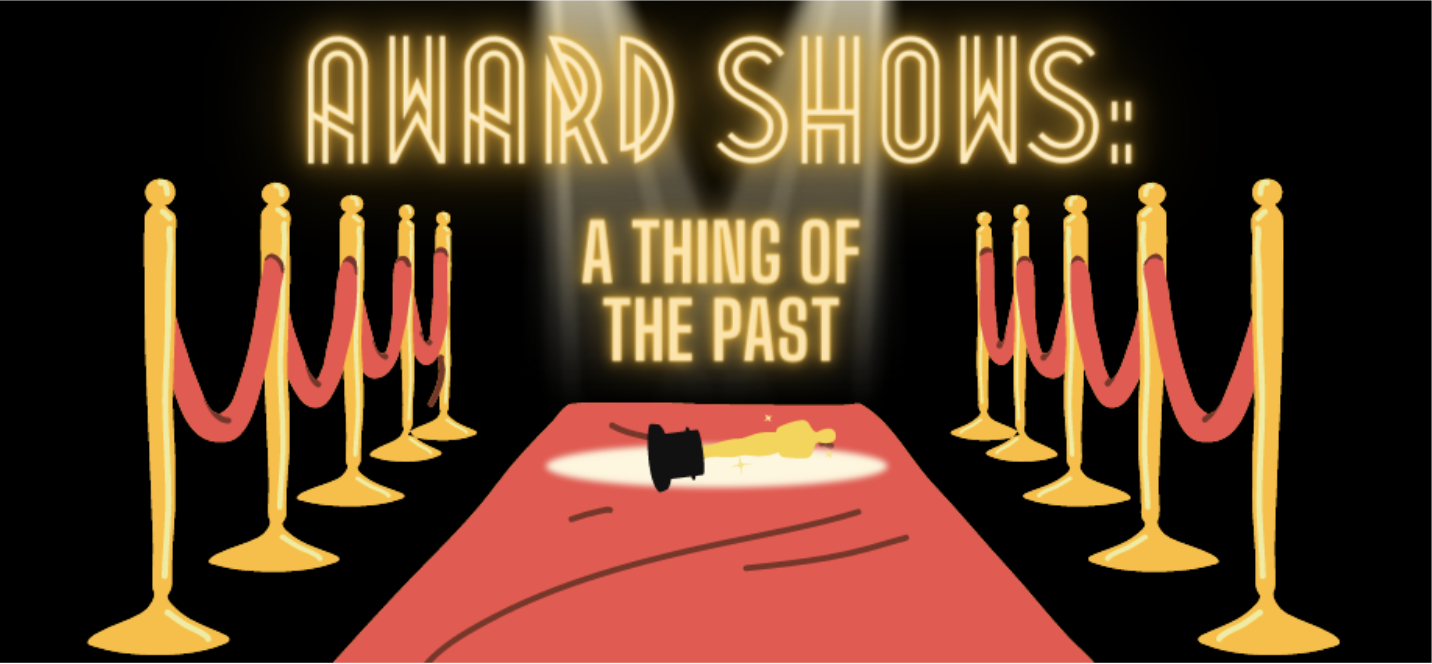Driven to Divide: Insights & Perspectives
Exploring the forces and ideas that shape our divided world.
Tinsel Town Roulette: The Risky Business of Award Shows
Explore the thrilling highs and perilous lows of award shows in Tinsel Town Roulette—where fame meets risk and surprises lurk around every corner!
The High Stakes of Award Shows: A Deep Dive into Tinsel Town Roulette
The glitz and glamour of award shows can often mask a complex and high-stakes environment where fortunes are made and lost in the span of a single evening. The High Stakes of Award Shows encompass not just the momentary thrill of receiving accolades, but also the intense competition that can leave emotional and financial scars. For many artists and production teams, the path to nomination can feel like a game of chance, akin to a game of roulette. One moment, a film is basking in critical acclaim, and the next, it’s a forgotten memory, all depending on the whims of voters and the unpredictable climate of public opinion.
Behind the scenes, a myriad of factors plays into the outcomes of these prestigious events. From strategic promotions and marketing campaigns to the sheer luck of timing, the dynamics can resemble a tinsel town roulette where connections and charm often outweigh talent. The pressure mounts significantly as nominees prepare their acceptance speeches and hopeful filmmakers anticipate their moment of glory. Yet, for every winner, there are countless others whose dreams fall flat, highlighting the reality that, in Tinseltown, both triumph and despair are but a heartbeat away.

Behind the Curtains: How Award Show Nominations Are Secured
Award show nominations are often perceived as the result of artistic merit, but behind the curtains, there is a complex interplay of strategies and influences that can significantly impact which projects receive recognition. Industry insiders understand that networking plays a crucial role; filmmakers, actors, and producers frequently attend events, parties, and film festivals to build relationships with voting members. Additionally, campaigns designed to promote a film or performance include targeted advertising, sneak previews, and Q&A sessions, all aimed at keeping the work at the forefront of voters' minds.
Furthermore, the timing of a release can be pivotal in securing nominations. Productions released later in the year have a strategic advantage since they remain fresh in the minds of voters during the nomination process. Once a film or performance is in contention, it often undergoes extensive lobbying efforts by publicists who initiate targeted outreach to Academy members and voting bodies. These efforts might include personalized invitations to screenings or exclusive events, emphasizing the significance of visibility in the crowded awards landscape.
Are Award Shows Still Relevant? Analyzing the Risks and Rewards
The relevance of award shows has been called into question in recent years, as audiences and industry professionals alike weigh the risks and rewards associated with these high-profile events. On one hand, award shows serve as a celebrated platform that recognizes artistic achievement and fosters community within the entertainment industry. They can also significantly boost an artist's visibility and career trajectory, providing awards that often enhance an individual's credibility. However, the glitz and glamour often come at a cost, with mounting criticism surrounding the selection processes, perceived biases, and the growing disconnect between award bodies and broader societal values.
Moreover, with the shift towards streaming platforms and digital consumption, the traditional viewership of award shows has declined, causing many to question if they still hold the same impact they once did. The risks include potential alienation of audiences who feel that these awards are out of touch with contemporary culture, while the rewards for participating artists and producers remain substantial, offering exposure and validation. In summary, while the future of award shows may seem uncertain, their potential to foster celebration and recognition in the creative community continues to spark an ongoing discussion about their relevance in today's entertainment landscape.